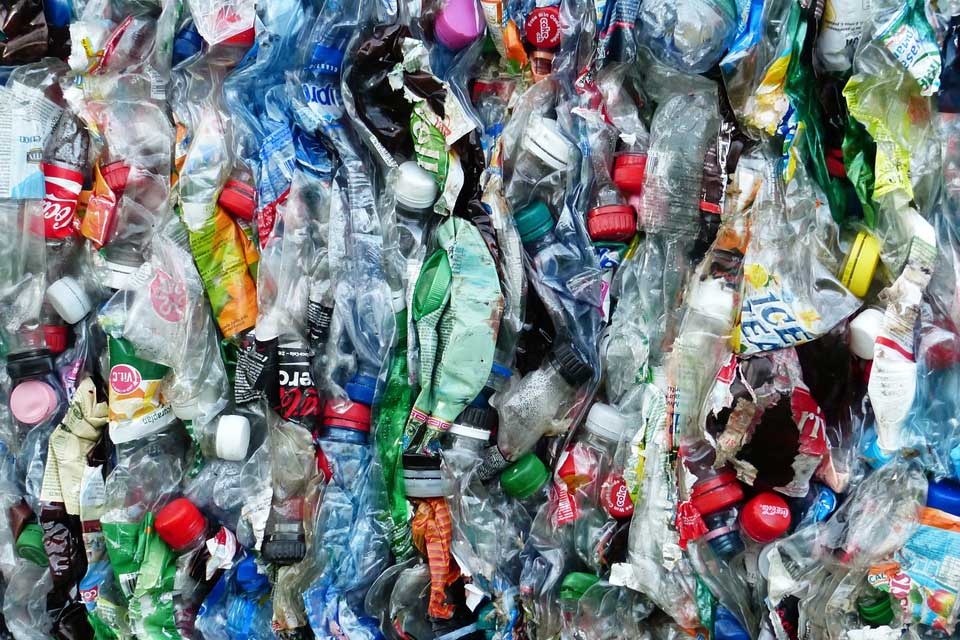Reusing 10% will stop 50% of plastic waste from entering the ocean

It is possible to prevent almost half of annual plastic ocean waste by reusing just 10% of our plastics products – just one of the key findings of The Future of Reusable Consumption Models Report. The report is a collaboration between the World Economic Forum and Kearney and suggests that shifting from single use towards […]
Collaboration in the supply chain: working together to help tackle unnecessary recycling of plastic returnable transit packaging

By Paul Empson, General Manager, Bakers Basco Many products used in logistics across the supply chain are designed to be reused multiple times rather than being disposed of after a single use – known as the ‘circular economy’ – but a lack of education and awareness might be hindering businesses’ chances at building towards a more […]
Hazel 4D are stretching to meet the plastic waste challenge

By Hazel 4D Pallet-wrapping in the UK uses over 140,000 tonnes of plastic each year and a huge percentage of that is waste. The cost is massive, in money and environmental impact. So, what can we do to minimise plastic usage and waste without compromising stability? Our retail and logistic customers look to us to […]
UK launches landmark blueprint for resources and waste

Businesses and manufacturers will pay the full cost of recycling or disposing of their packaging waste, under a major new government strategy. The move will overhaul England’s waste system, putting a legal onus on those responsible for producing damaging waste to take greater responsibility and foot the bill. The announcement forms part of the government’s […]

